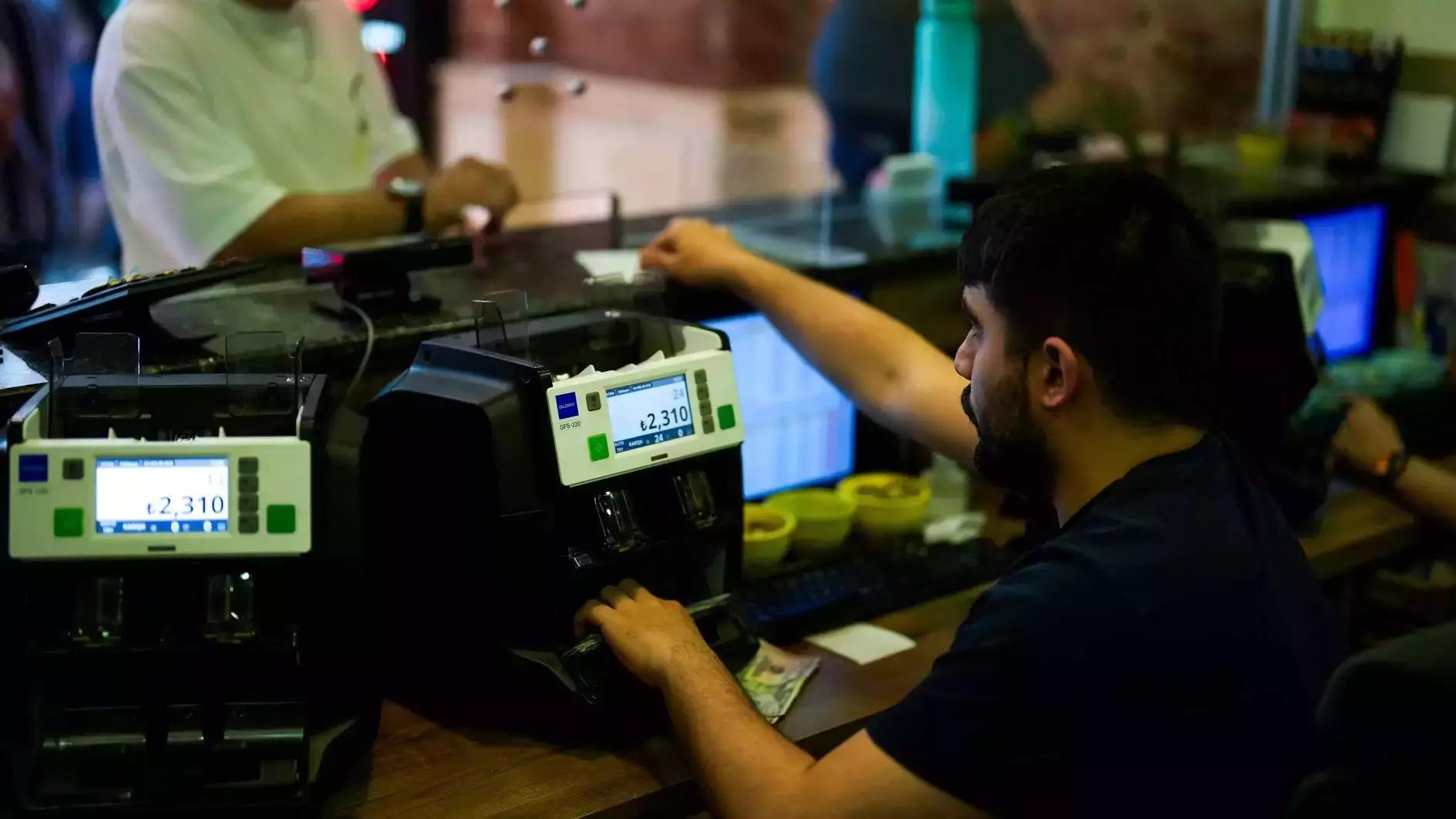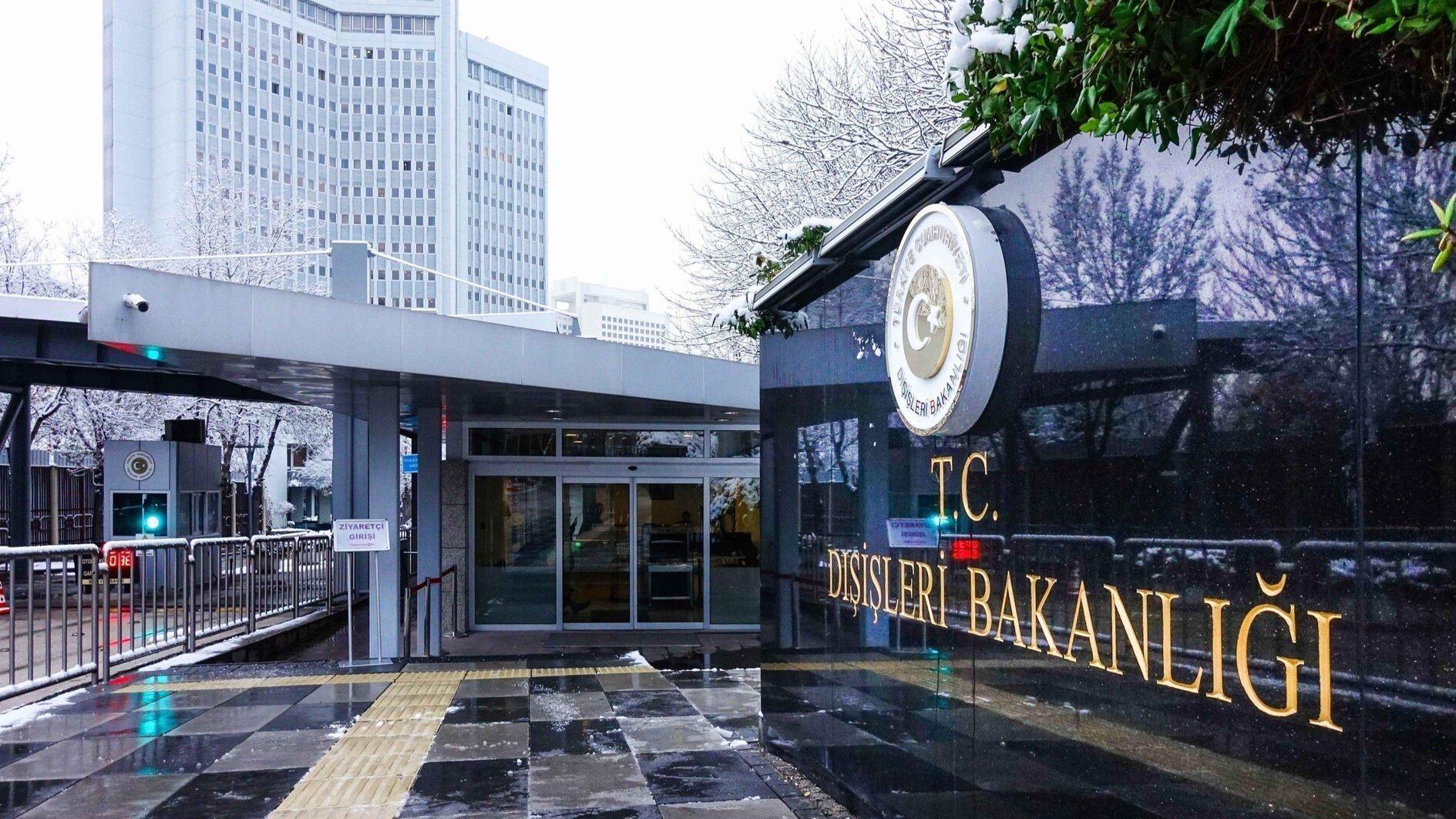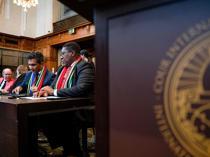US agents call for extension of spy law
WASHINGTON - Reuters
The United States intelligence officials made a public plea on Sept. 11, the 11th anniversary of the Sept. 11, 2001, attacks, for quick congressional action to extend a sweeping but controversial U.S. electronic surveillance law.Robert Litt, chief lawyer for the Office of Director of National Intelligence, told reporters that winning congressional approval to extend the electronic spying law was the U.S. intelligence community’s “top priority.” If the law, which expires at the end of 2012, is not extended, Litt said, U.S. spy agencies would lose access to what he described as a “very, very important source of valuable intelligence information.”
One of the main points of the law authorizing the surveillance program is that officials are not supposed to be reading or listening to message traffic involving people located in the United States unless they have warrants to do so.
Relevant committees of both the House of Representatives and the Senate have approved similar, though not identical, versions of bills that would extend the surveillance law, an updated version of the Foreign Intelligence Surveillance Act, or FISA. The Senate Intelligence Committee’s version would extend it until 2017. A Senate Judiciary Committee version would extend it only until 2015.
No court warrant
The law authorizes broad electronic intelligence collection by U.S. agencies targeting what a Senate report described as “persons reasonably believed to be located outside the U.S.” Under its provisions, several officials said, U.S. agencies do not have to obtain a court warrant to monitor communications of suspected militants or other intelligence targets who are not located in the U.S.
Some congressional officials said the Obama administration was anxious to get an extension of the law approved by Congress within two weeks, as legislators adjourn for an election break later this month and considerable unfinished business already awaits them for a lame duck session after the Nov. 6 election.
















